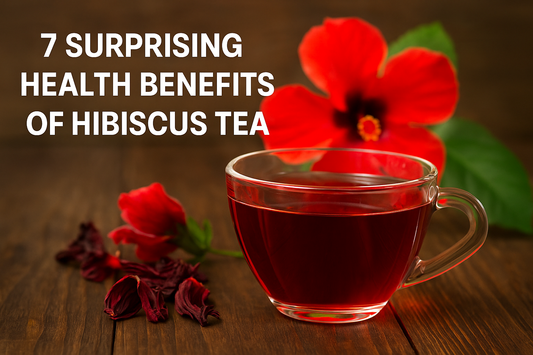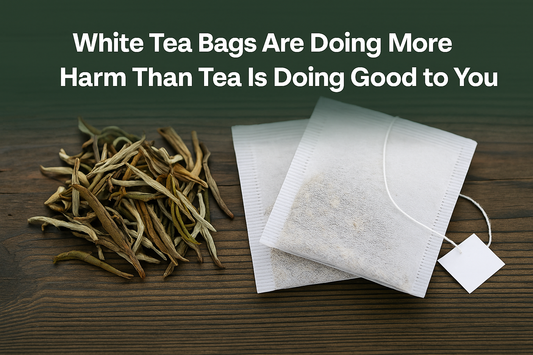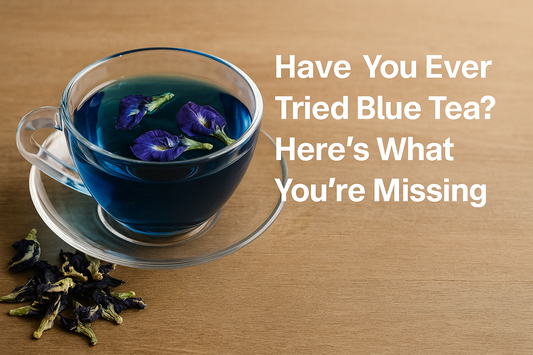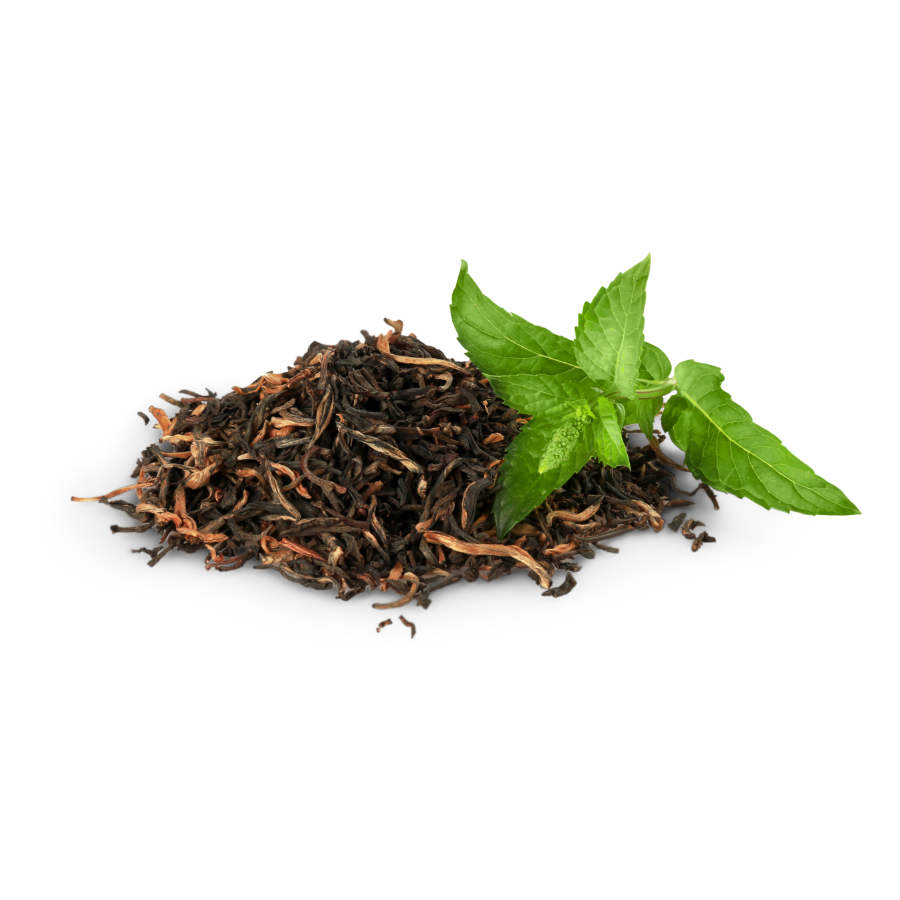Why Your Evening Tea Might Be Ruining Your Sleep (and What to Try Instead)
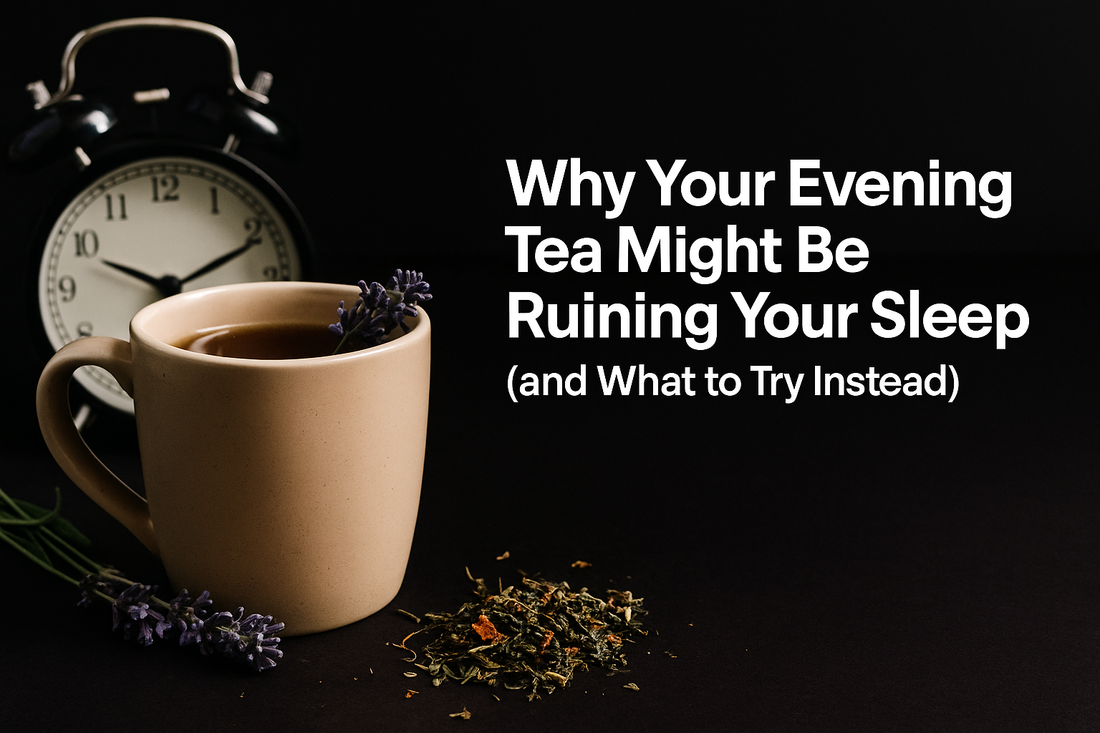
Introduction – The Evening Tea Habit
For many of us, winding down with a hot cup of tea in the evening is a comforting ritual — a pause button after a long day. Whether it’s catching up with loved ones, scrolling through our phones, or simply sitting in silence, that familiar cup feels like home.
But here’s the twist: if you’ve been struggling with falling asleep or waking up groggy, your evening cup might be the unsuspecting culprit. While tea is often associated with relaxation, not all teas are sleep-friendly — and some might be silently sabotaging your rest.
Understanding Tea and Caffeine
Let’s get one thing straight — not all teas are equal when it comes to caffeine. Black tea, green tea, and even certain white teas contain caffeine, often comparable to a light coffee. While this natural stimulant is great for alertness in the morning or midday, it’s far from ideal during the evening hours.
Caffeine works by blocking adenosine — the chemical that makes you feel sleepy. What's more, its “half-life” (the time it takes to eliminate half the caffeine from your body) is around 5 to 6 hours. That means a 5 p.m. cup could still be affecting your nervous system well past midnight.
Hidden Caffeine in ‘Mild’ Teas
Many people assume that green tea or white tea is "light" and therefore harmless before bedtime. Unfortunately, that’s a myth. Even a seemingly mellow cup of green tea can contain 20–45 mg of caffeine, enough to disrupt your natural sleep cycle — especially if you’re caffeine-sensitive.
Worse still, flavored teas (like jasmine green or early evening “wellness” blends) often sneak in black tea or mate blends that quietly add to your caffeine intake. Always check the label. A tea labeled “soothing” doesn’t always mean “caffeine-free.”
Better Bedtime Alternatives: Herbal Teas to the Rescue
Now for the good news. If you love your tea ritual but want better sleep, herbal teas are your best friends. These are naturally caffeine-free and often come with calming properties that actively support your sleep.
Here are some great options:
-
🌼 Chamomile – Helps reduce anxiety and promote relaxation
-
🌿 Lemongrass – Soothes digestion and nerves
-
🌱 Peppermint – Relieves tension and bloating
-
🌸 Lavender – Calms the senses and promotes deeper sleep
Switching to these in the evening can help you sleep more soundly — without giving up your beloved cup.
Timing Matters: When Should You Stop Drinking Caffeinated Tea?
Even if you're a seasoned tea drinker, timing makes all the difference. Ideally, avoid any caffeinated tea after 5–6 PM — especially if you have trouble falling asleep or wake up tired. For some people, caffeine stays active in the system for 6–8 hours, silently hijacking their deep sleep.
Even decaf options aren’t always innocent — they may still have trace amounts of caffeine. Herbal blends, on the other hand, offer relaxation without side effects, making them perfect for winding down post-dinner.
A Better Night Begins in Your Cup
Your sleep is sacred. Don’t let the wrong cup of tea sabotage your rest. By making a simple switch from caffeine to calming herbs, you gift your body the rest it craves — without giving up your tea ritual.
At Dekay Tea, we offer a handpicked range of caffeine-free herbal blends designed to soothe your senses, relax your mind, and ease you into restful sleep.
✨ Explore our Sleep Support Teas
Because better days start with better nights.

